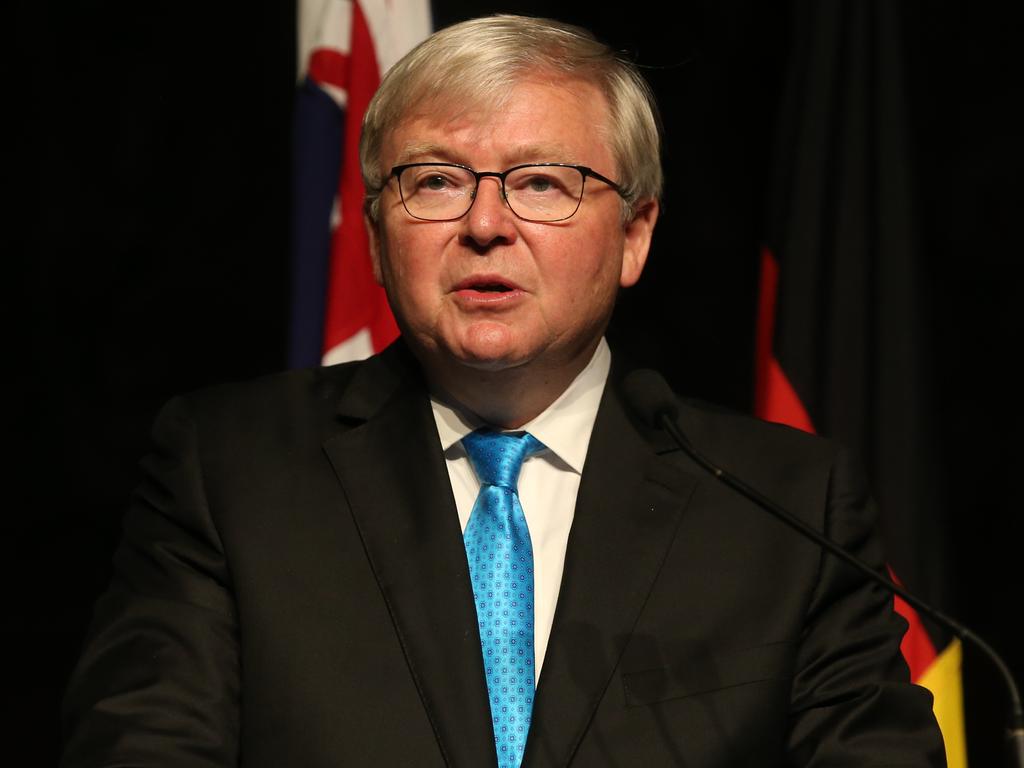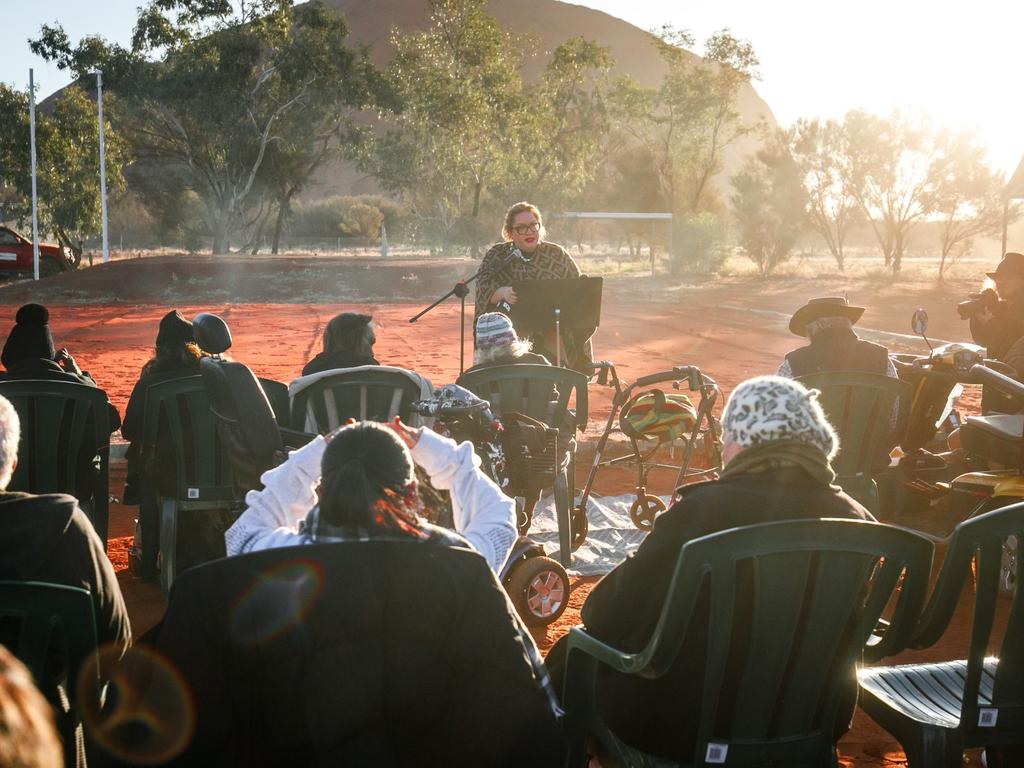Treaty and truth telling explained in the context of the Indigenous voice to parliament
Treaty, truth telling and the role of the Makarrata Commission are now under close scrutiny. It’s the second step in the Uluru Statement from the Heart — but what does it actually mean?

Treaty, truth telling and the role of the Makarrata Commission have come under intense scrutiny this week, with Prime Minister Anthony Albanese facing pressure to explain how decision-making will be affected if the Indigenous voice to parliament referendum succeeds.
The Uluru Statement from the Heart’s Indigenous authors have named treaty as a crucial second step — but what does that actually mean?
Treaty, explained
Treaties are agreements between two parties. There can be treaties between First Nations people and the Commonwealth government and between First Nations people and a state and territory government.
In each state and territory — where a treaty negotiation or work towards a negotiation is under way — the deal will be an ordinary act of parliament.
Does Australia already have treaties with Indigenous people?
Since 2016, Victoria, Queensland, South Australia, Tasmania, the Northern Territory and the Australian Capital Territory have committed to talk about treaties with First Nations peoples. Victoria is the most advanced — its First People’s Assembly was established by the state government and its members elected by Indigenous people specifically to begin the negotiation process.

While there are no agreements between Australian governments and Indigenous people with the word treaty in the title, there have been treaty-like deals. For example, constitutional experts George Williams and Harry Hobbs, from the Faculty of Law at the University of New South Wales, regard the 2021 South West Native Title Settlement as the Australia’s first treaty because of its scale and scope. In that deal, negotiated by the West Australian Barnett Liberal government with bipartisan support from state Labor, approximately 30,000 Noongar people of the lower third of WA gave up their Native Title fight in exchange for a $1.3 billion package comprising crown land, a $60 million trust, a housing program and partnerships including joint management of national parks. The WA government used this deal as a model to make a similar agreement with the Yamatji people of the midwest and is now in talks with the Martu people of the central western desert for a treaty-like agreement.
If the voice referendum succeeds, will there be a treaty between the Commonwealth and Indigenous people of Australia?
Treaty is the second step in the Uluru Statement from the Heart, the landmark 2017 document that about 1200 Indigenous people helped to create. The statement is often summarised in three words: voice, treaty, truth. Therefore, it seems reasonable to say that Anthony Albanese promised a treaty between the Commonwealth and Indigenous people in his election night victory speech in 2022 when he said: “on behalf of the Australian Labor Party, I commit to the Uluru Statement from the Heart in full”. However, the Uluru Statement does not refer to a treaty between the Commonwealth and Indigenous people.
What is the Makarrata Commission?
The Uluru Statement says: “We seek a Makarrata Commission to supervise a process of agreement-making between governments and First Nations and truth telling about our history”. What we do know is that the government has committed $5.8 million towards the establishment of a Makaratta Commission that would oversee treaties across the Federation. This could mean at a state, territory or federal level.

What is truth telling?
The Greens went to the last election calling for “a truth-telling and justice commission” but Uluru architect Megan Davis has previously said that few of the Indigenous people who took part in the discussions that led to the Uluru Statement wanted a framework or institution to regulate truth telling. One criticism of truth hearings is that they are run by government and for a limited time. Instead, Professor Davis and other voice proponents believe truth telling can take various forms, such as the work by West Australian elders at the Centre for Truth-telling to repatriate, safeguard and celebrate the paintings of the Carrolup Noongar children, who were part of the Stolen Generations.
Another example is Towards Truth, an online and interactive archive of every law and policy that has targeted or had a disproportionate impact — deliberate and accidental — on Indigenous people since 1788 commencing with NSW. It includes original government documents with scholarly materials and commentary to map the truth through legislation and policy.
In 2021, Professor Davis wrote in The Monthly that the Makarrata Commission’s role in truth telling would be to “step lightly into this space and be guided by First Nations”.
What is Native title?
Native title is the legal right of Indigenous Australians to own their own traditional lands. It is a relatively new area of public policy and law that grew out of Paul Keating’s response to the Mabo decision and later John Howard’s response to the High Court’s Wik decision, and specifically from the Ten Point Plan that recommended Indigenous Land Use agreements between pastoralists, miners and native title claimants as a way to avoid drawn-out legal battles over claims.
Native title royalties are really a charge for the extinguishment of certain traditional cultural rights over land to be mined. These payments were seen two decades ago as a way forward for traditional owners in areas where economic development has been slow or non-existent. In early successful arrangements, such as Rio Tinto’s Century Zinc mine in Queensland’s Gulf Country, native title brought jobs, training and careers to an area that once relied on welfare. And, while there are successful mining operations and Aboriginal communities that benefit from them, there are also signs that in some communities across the country, such benefits are not shared widely among claimants, especially in South Australia.
In 2020, 25 years after native title was first introduced in Australia, at least two state Aboriginal Affairs departments and former federal Coalition minister Ken Wyatt committed to examining ways to reform it amid reports of gross mismanagement of funds.






To join the conversation, please log in. Don't have an account? Register
Join the conversation, you are commenting as Logout